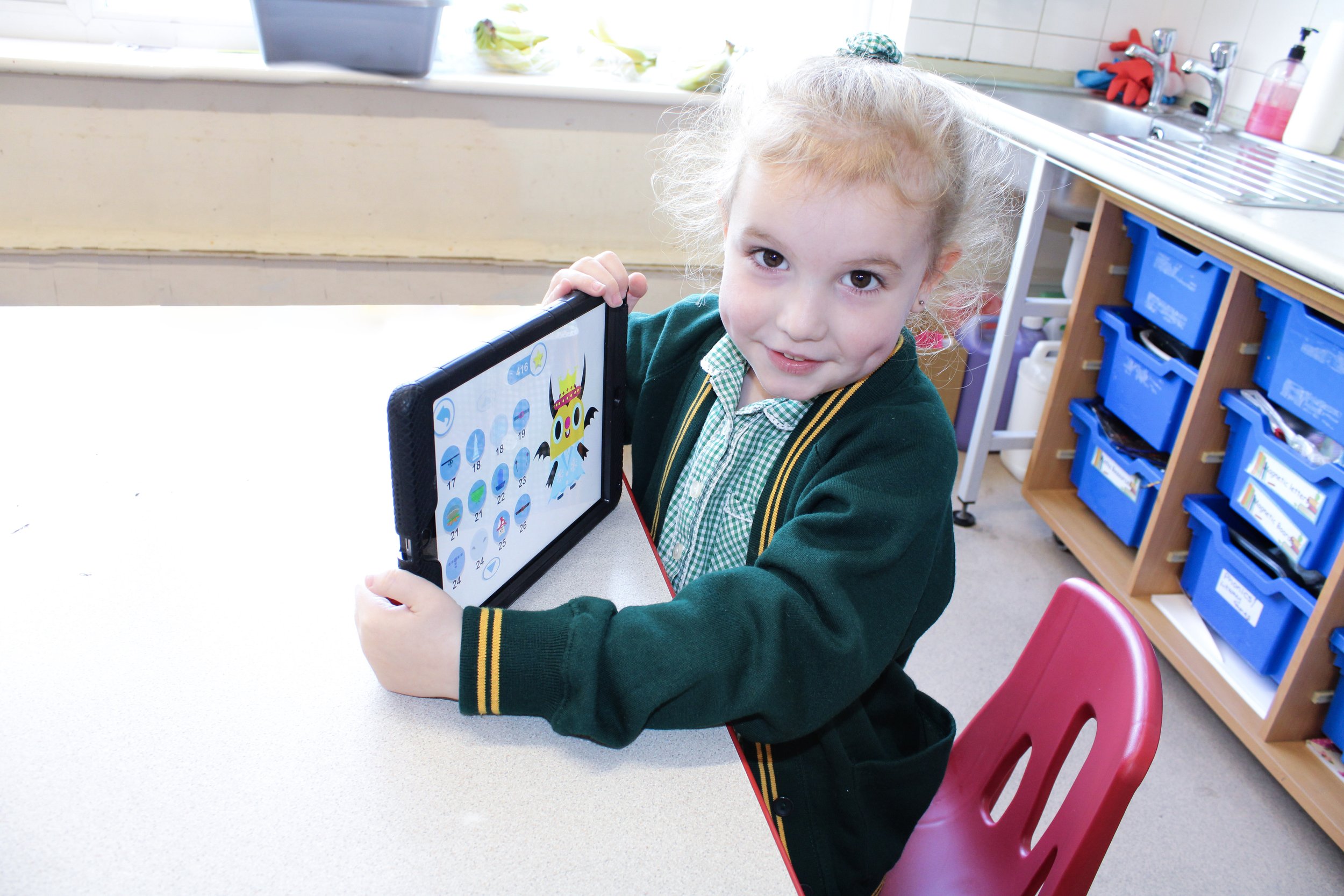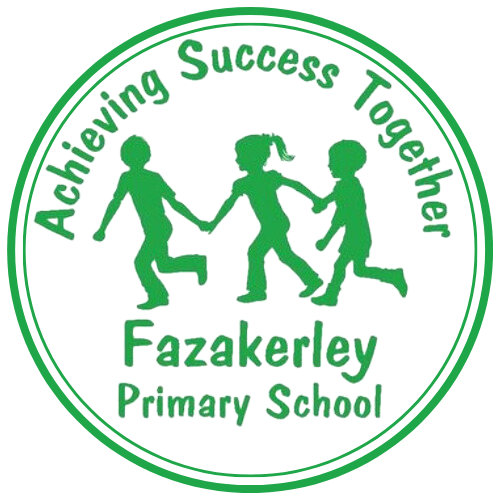
Computing
Computing
at Fazakerley Primary School
The Computing Leader is Mr S. Bristow.
The computing long term plan is supported with 18 separate medium term plans which outline the sequence of lessons in each unit, identify key vocabulary and highlight computing concepts and prior and upcoming learning pertinent to the unit and identify the key knowledge and skills within each unit.
Computing Subject Specific Pedagogies.
In addition to our generic pedagogies, which are:
Flexible groupings
Revisiting prior learning from lessons
Retrieval of prior knowledge in different contexts
Visualisers for modelling
I do, we do,you do
Chunking lesson
Dual coding
Strategies for remembering
Sequential graphics
Working walls (consistent subject specific design)
Explicit teaching of vocabulary. (E.g. Use of visualiser / demonstrate methods and techniques).
We also have the following subject specific pedagogies for Computing:
BLOCK BASED PROGRAMMING – when learning programming language and coding concepts, pupils will use predominantly block-based programming (i.e. Scratch).
PUPIL JOURNALS – a form of digital “working wall” personal to each pupil, constantly referred to through a unit and added with snapshots of learning completed.
PROJECT BASED LEARNING – as above, through the use of pupil journals, pupils often explore concepts through project-based learning activities. This gives them opportunities to apply and consolidate learning.
SUPPORT OF SEND PUPILS – AI tools or other Access Tools (i.e. e-readers, speech to text transcribe tools, screen overlays etc.) will be used to support SEND pupils where appropriate.
COMPUTATIONAL THINKING – learning how to problem solve, with or without a computer. Developing children’s computational thinking is essential to the computing curriculum. There are six separate computational thinking concepts: Algorithms (making steps and rules), Decomposition (breaking down into parts), Abstraction (removing unnecessary detail), Pattern (spotting and using similarities), Evaluation (making judgements) and Logic (predicting and analysing).
PHYSICAL COMPUTING – Providing opportunities for pupils to apply computing concepts within creative, engaging, sensory and tactile experiences (i.e. combining electronics and programming with arts and crafts).
Regular representation of the subject within ‘Low Stakes Friday Curriculum Quiz’ to reinforce KS&U and aid cognitive load. Teachers guided by subject lead’s key questioning document.

